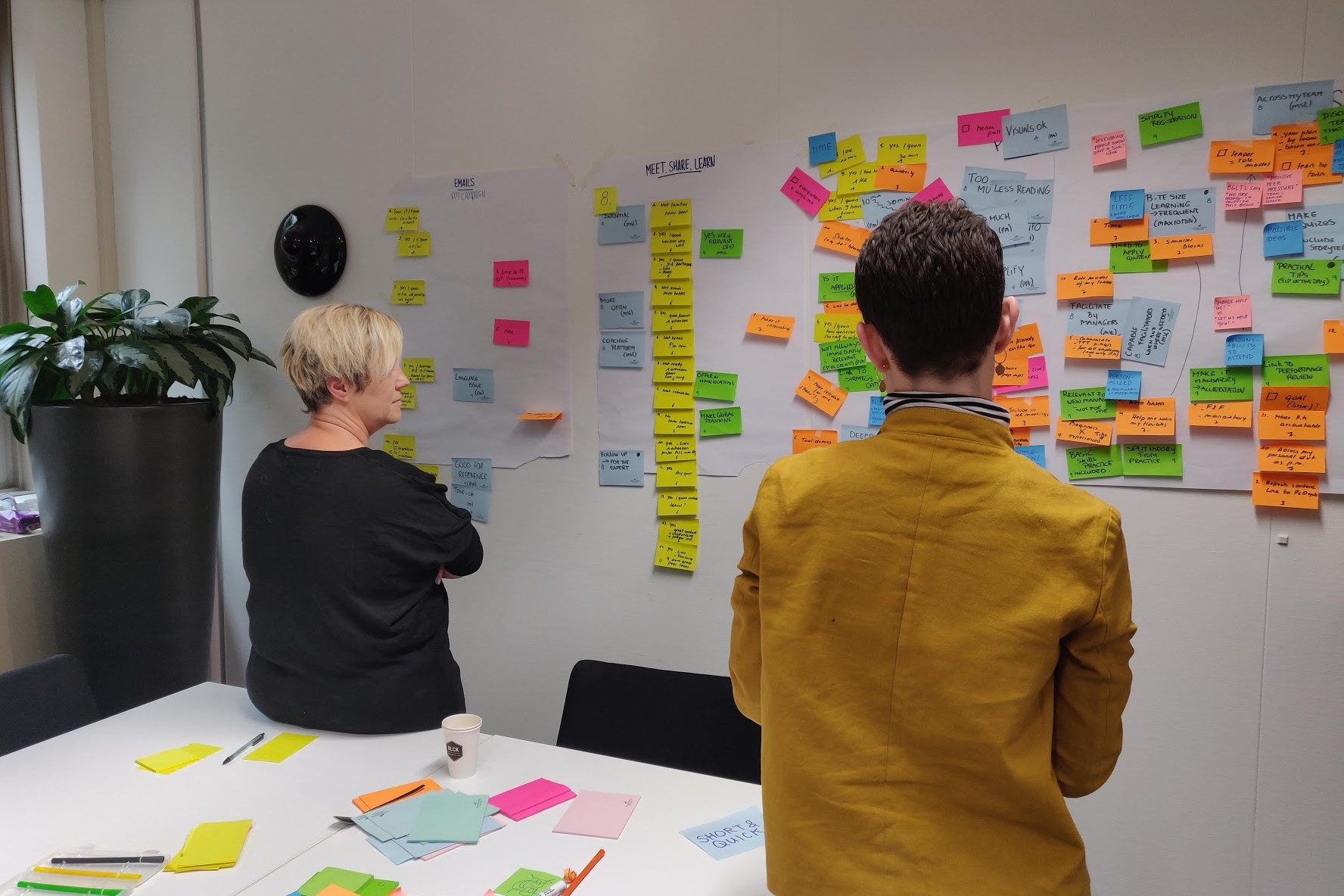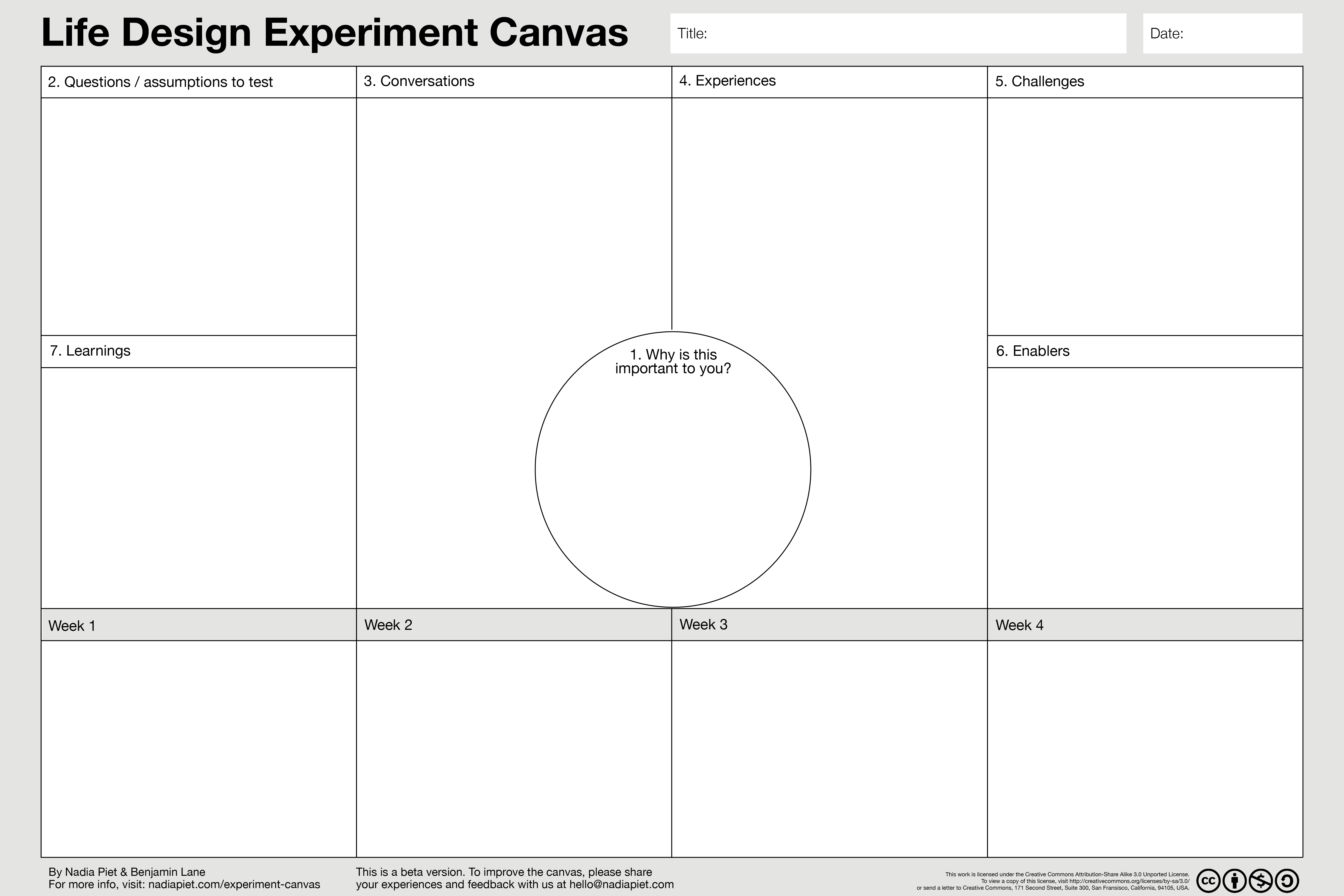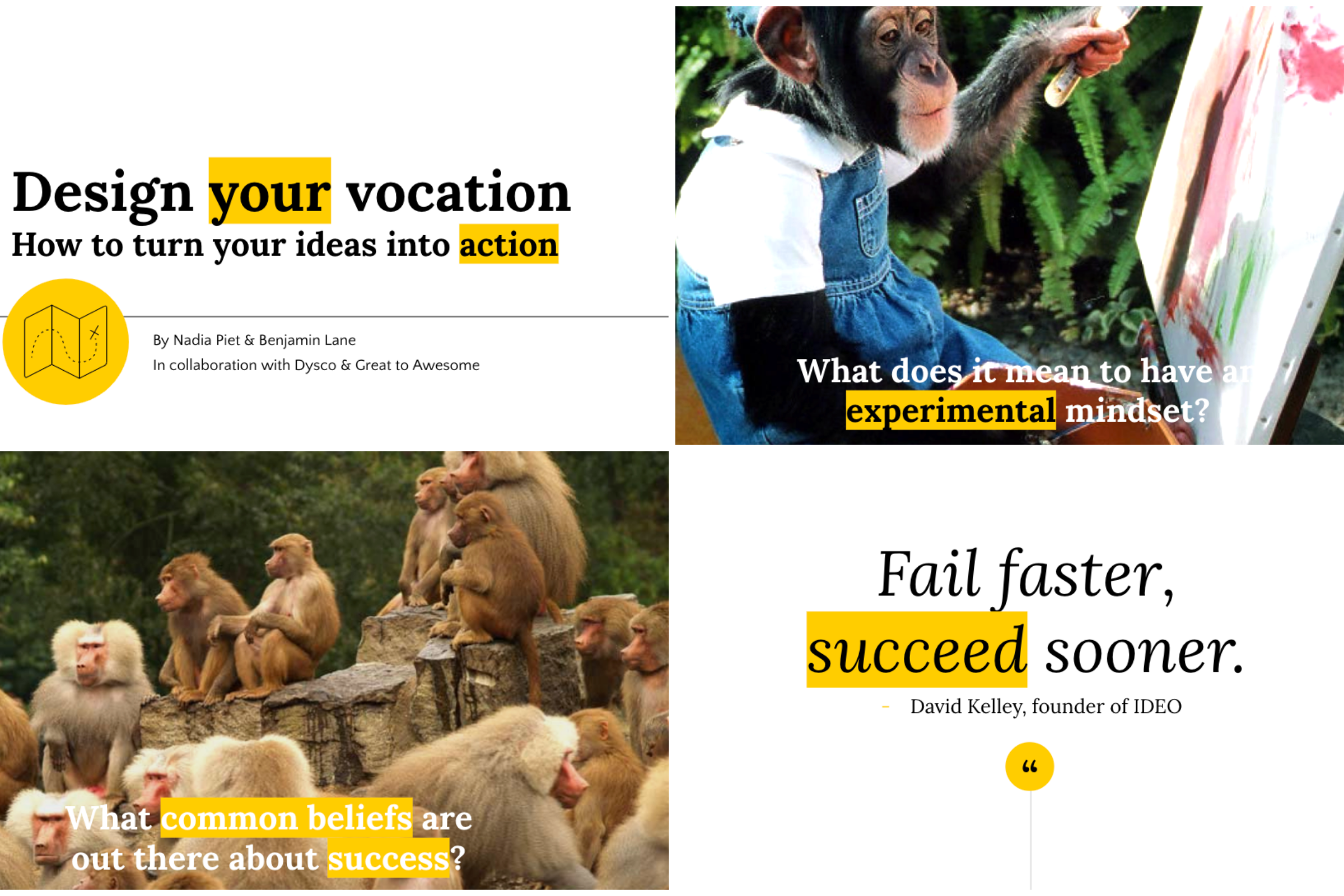Being a vivid blog reader when it comes to the topics of innovation and futurism, last week I came across a handful of headlines reading “Elon Musk says humans must become cyborgs to stay relevant. Is he right?” on The Guardian, “Elon Musk Says Humans Need to Merge With Machines to Remain Relevant” on Fortune and “Humans MUST merge with machines or we’ll become REDUNDANT’, warns Elon Musk” on The Express.
Elon spoke on the impact of AI during his appearance at the World Government Summit 2017 in Dubai and as usual, Musk’s statements were the source of ample discussion and plenty coverage. These interpretations underline the general consensus of perceiving AI as a threat, and are based in logical fallacies. You can watch the full talk here if you like, or continue to read my concerns on these misconstrued headlines.
Although most of the articles cover some nuances and quotes from the transcript when you read further into them, the alarming headlines themselves carry a strong implication that I believe requires a second thought and will elaborate on in this post.
What Elon said is that“If humans want to continue to add value to the economy, they must augment their capabilities through a “merger of biological intelligence and machine intelligence”.
Elon is confirming our redundancy in terms of employment, once AI will take over the work and be able to perform our tasks better, faster and cheaper than we do. The question that logically follows in the minds of most is “will we no longer be relevant then?“. And with regards to the economy, indeed we won’t.
But although he clearly states the redundancy of our employment, he does not conclude humanity irrelevant. I believe making that jump – as the preceding headlines do – is problematic, as it implies that we have no other value than that created by our employment. Only if we limit the relevance of humanity to economic terms, we could possibly lose relevance. This logic isn’t foreign to me, nor hard to follow, but it is concerning.
Has consumerism succeeded in making us believe that our value relies solely on our productivity? That our relevance is dictated by our employability? The headlines certainly make it seem so, yet all we have to do is to pause and think, to realize that this is false.
Employability, as an enabler of consumerism, is one of the cornerstones that our society is built upon. It’s what gives structure to our days, weeks and years. It’s what’s provides a shared goal in terms of economic growth. It’s what gives us some sort of hierarchy in a world where physical strength alone no longer yields much. Without taking any stance towards consumerism, it has provided us with an incentive; something to chase; something to achieve; something to strive for.
Someday soon we will indeed, lose our relevance to the economy, the construct that we have become so occupied with. And hence we will indeed, need to employ a new construct to give meaning to our existence and structure to our societies. From where I’m standing people embody many more dimensions, some of which we can again begin to explore once we free ourselves from the burden of work.
In a world of workaholism and paper chasing, perhaps we can imagine AI employment as a relief rather than a threat. It’s likely to free up an abundance of time and space for us to express, to connect, to learn and grow, to make sense of the world and give meaning to our lives.
Even though our employability will lose all its relevance, I argue that our existence will not. I daresay it’s possible that outsourcing work to our artificial overlords will allow us to rediscover what it means to be human; therefore making humanity all the more ‘relevant’. What do you think?



